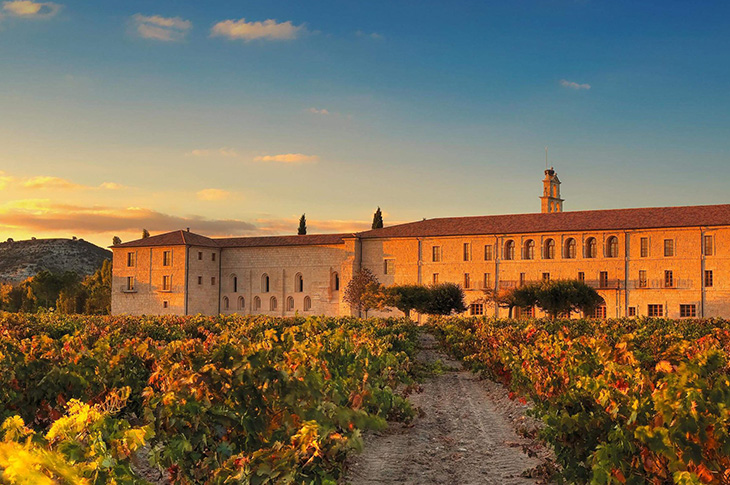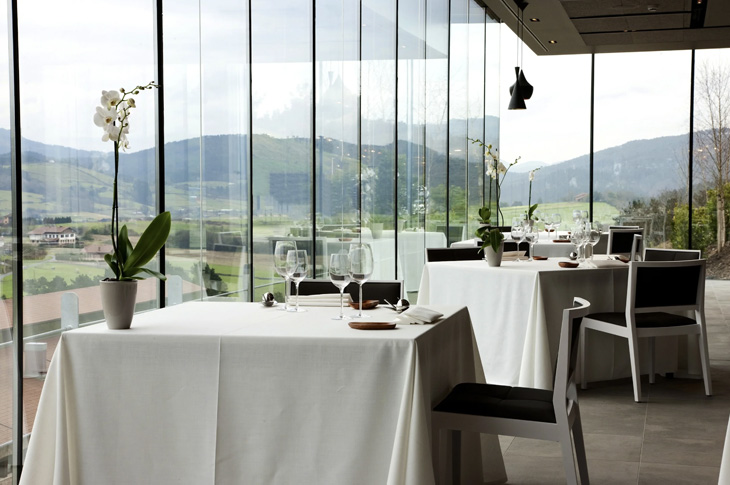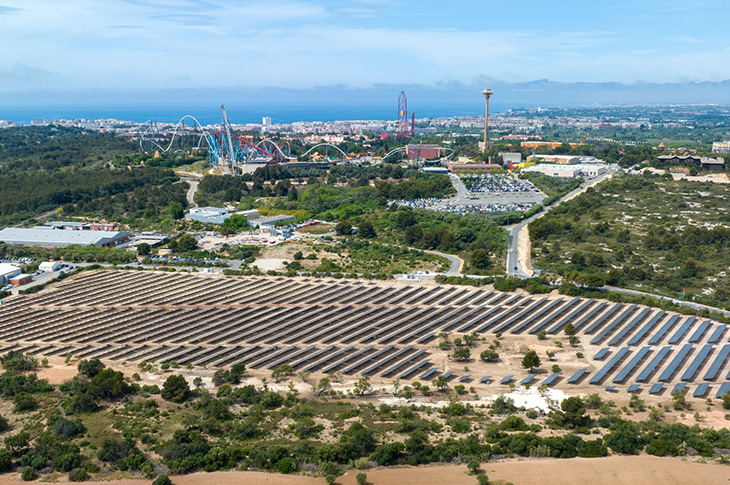From linear to a circular economy: Spanish tourism’s commitment to sustainability
Innovative initiatives and sustainable experiences transform the sector
Sustainability and circular economy have become strategic pillars for the future of tourism in Spain. In a global context where resilience and environmental impact are key priorities, circularity offers the tourism sector a way to not only reduce its ecological footprint, but also strengthen its long-term viability, boost competitiveness, and add value. Hotels, restaurants, and tourism experiences are adopting sustainable business models that optimize resources, minimize waste, and strengthen local economies. To facilitate this transition, SEGITTUR, which reports to the Ministry of Industry and Tourism, has promoted strategic tools such as the Best-Practice Guide and the Catalog of 30 Circular-Tourism Experiences, which brings together successful initiatives applicable to various contexts within the sector.
Circular accommodation: comfort and sustainability
Examples such as the Hotel Abadía Retuerta in Valladolid (Castile and León) show how a circular approach can be integrated into tourism management. Recognized with international sustainability certifications, this hotel has reduced its environmental impact by reusing natural resources and eliminating single-use plastics. For years, it has also offered a line of experimental, small-batch wines featuring grape varieties adapted to the new climatic context.

The Garden Hotels chain (Balearic Islands, Andalusia) uses solar energy, ensures responsible water consumption, and carries out its own composting project, among other initiatives.
Sustainable restaurants: gastronomy with purpose
Circularity is also transforming Spain’s culinary offering. Azurmendi, in the Basque Country, is recognized as one of the most sustainable restaurants in the world. It integrates ecological architecture, its own vegetable gardens, and waste-reduction processes. In Galicia, O Balado promotes a culinary experience based on local production and seasonal cuisine, with a firm commitment to circular economy.

Tourism activities with positive impact
Beyond accommodation and catering, other tourism activities and experiences have been applying best practices in sustainability. In Galicia, the PortAmérica festival hasbecome a pioneer in sustainability, applying waste-reduction and energy-efficiency measures while creating jobs at the same time. The Chillida Leku Museum in the Basque Country is committed to reducing energy consumption and reusing materials in its exhibitions, while PortAventura World (Catalonia) relies on a photovoltaic power station to supply the holiday resort and amusement park.

Through innovation, collaboration with local communities, and the implementation of sustainable business models, Spain is leading the transformation towards a more responsible, efficient, and resilient tourism.

